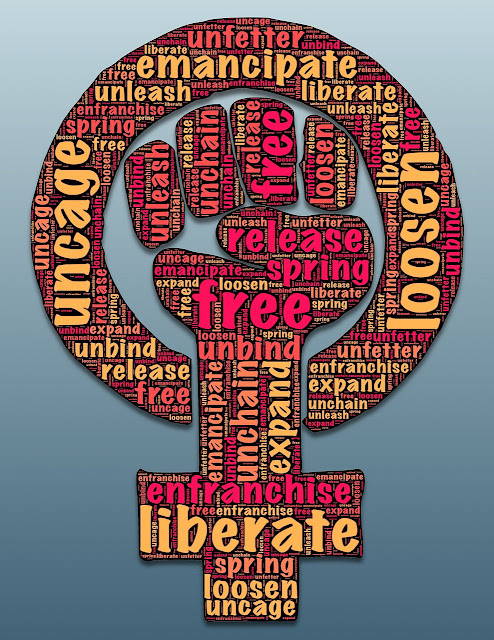''Veganism thrives on diversity, where nuanced opinions on reproductive rights emerge from individual interpretations of ethics and personal experiences.''
''Veganism, as a lifestyle and belief system, encompasses a wide range of ethical concerns, including animal rights, environmental sustainability, and personal health.''
Within the vegan community, there exists a diversity of opinions on various social issues, including reproductive rights. While it is true that many vegans hold differing views on this matter, it is important to recognize that some individuals identify as both pro-choice and pro-life within the context of their vegan principles.
Being pro-choice as a vegan means acknowledging a woman's right to bodily autonomy and the freedom to make decisions regarding her reproductive health. This perspective aligns with the underlying principle of veganism, which advocates for respecting the autonomy and well-being of all sentient beings. Vegans who identify as pro-choice often argue that just as animals should not be subjected to involuntary harm or exploitation, women should have the autonomy to make choices about their bodies and lives.
Simultaneously, some vegans also consider themselves pro-life, upholding the sanctity of all forms of life, including human embryos and fetuses. This stance arises from the belief that all life has inherent value and should be protected from harm. These vegans often emphasize the need for societal support systems, comprehensive sex education, and accessible healthcare services to ensure that every pregnancy is given the utmost care and consideration.
It is important to note that the vegan community is not monolithic, and individuals may have nuanced opinions on reproductive rights based on their interpretation of vegan ethics and their personal experiences. Despite the divergent viewpoints, what unites vegans is the shared commitment to compassion, justice, and a desire to create a more ethical and sustainable world.
As the vegan movement continues to grow and evolve, respectful dialogue and open-mindedness are crucial in fostering understanding and finding common ground. By engaging in respectful discussions, vegans can explore the complexities surrounding reproductive rights, while still advocating for the well-being of animals and the planet. Ultimately, the goal is to build a more compassionate society that addresses the multifaceted ethical challenges faced by all living beings.

Comments
Post a Comment
We welcome your input!